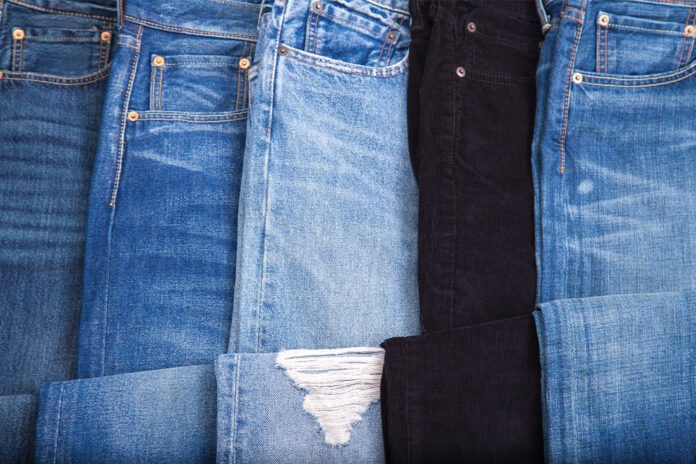There is hardly a link between the buyer’s sourcing team (asking for the cheapest price) and their compliance team asking for workers’ benefits, etc. It’s almost like hypocrisy and not partnership.
This is a quote from the report of the Ethical Denim Council (EDC) which is a non-profit organization established in 2022 to address the power imbalance and unethical practices in the denim supply chain. It unveiled the latest survey report on the state of compliance in the denim sector. The survey was conducted in all denim-producing countries including China, Pakistan, Turkey, Bangladesh, India, Italy, and others.
The report was critical that partnership is a word that has been used frequently by brands to promote the idea of shared interests and relationships, however, it is also this term that is used to exploit and undermine attempts at compliance. The partnership brands and retailers have alleged has not been mutual nor equity.
It states that the burden for fair wages and safe factories is placed solely on the supplier while the brands reap the benefits. The crux of the problem is that the brands are not paying the suppliers enough or promptly to provide the safe and fair wage environment they are promoting to shoppers.
The factories within the sampling Conducted in denim-producing countries account for over 233,000 employees across the industry. The average factory employs 3430 people. Ninety percent of respondents had factories within an Asian country. Denim fabric and/or garments were manufactured by 84 percent of respondents. While others made yarn, piece-dyed garments, or other materials relevant to the industry.
The results overwhelmingly showed that brands, retailers, and importers are engaging in behaviors that could be deemed unethical while showcasing record profits and promoting fair labor practices.
Most of the suppliers (73 percent) feel that not having commercial compliance is unfair and that it’s time for brands to start putting together the link between how much (and when) they pay the supplier and how much workers are being paid.
While factories are expected to comply with sustainable and ethical policies, it is next to impossible to accomplish under current purchasing practices.
While consumers are experiencing rising prices because of inflation, over half of the surveyed suppliers have seen a decrease of up to 30 percent in the price for their main product. This shows a disconnect between the narrative presented by BRls — justifying price increases by rising supply costs — and the reality of reduced production expenses.
The vast majority of respondents declared that they hadn’t received purchase orders (POs) with cancellation clauses. Half of them also did not feel obligated to accept lower payments. However, 73 percent of suppliers had experienced delayed orders, and over 61 percent had orders canceled.
While a few payment terms are longer than 6 months (5 percent) the average payment term is 77.5 days. The industry standard is 30 days. These deferred payments aren’t just coming from one or two customers. They are coming from several of the supplier’s clients. Most of which consist of 30 to 80 percent of a factory’s clientele.
A major disconnect with the brands is that they don’t seem to acknowledge the impact their behaviors have on the workers within the supply chain. However, suppliers say that each practice has a direct impact on factory employees.
Suppliers have real fears of having to temporarily or permanently lay off workers or the inability to increase wages. Though one respondent claimed they would always pay those working for them, this sentiment was not common. Moreover, it seemed this was simply not possible for others in the supply chain.
On compliance Twenty-seven percent of respondents chose the middle ground, stating that they found it neither fair nor unfair that there isn’t a compliance rider protecting suppliers from unethical purchasing practices by brands and retailers. However, a significant majority, 73 percent, believe that it is unfair. It’s worth noting that not a single respondent selected “slightly fair” or “fair” as their response.
Over 20 brands were specifically named that have been exhibiting the named unethical behaviors. Other responses included “all major brands” and “all of them” indicating that this is becoming the industry standard.
It is concerning to see that so many brands are engaging in unethical behaviors without linking these practices to the welfare and wages of laborers. With growing awareness and demand for ethical and sustainable practices, brands need to take responsibility and make positive changes toward a more conscious and responsible industry.
The report in conclusion suggested ways to ensure better compliance asking the buyers for a fair deal with the suppliers and then asking for strict compliance.



